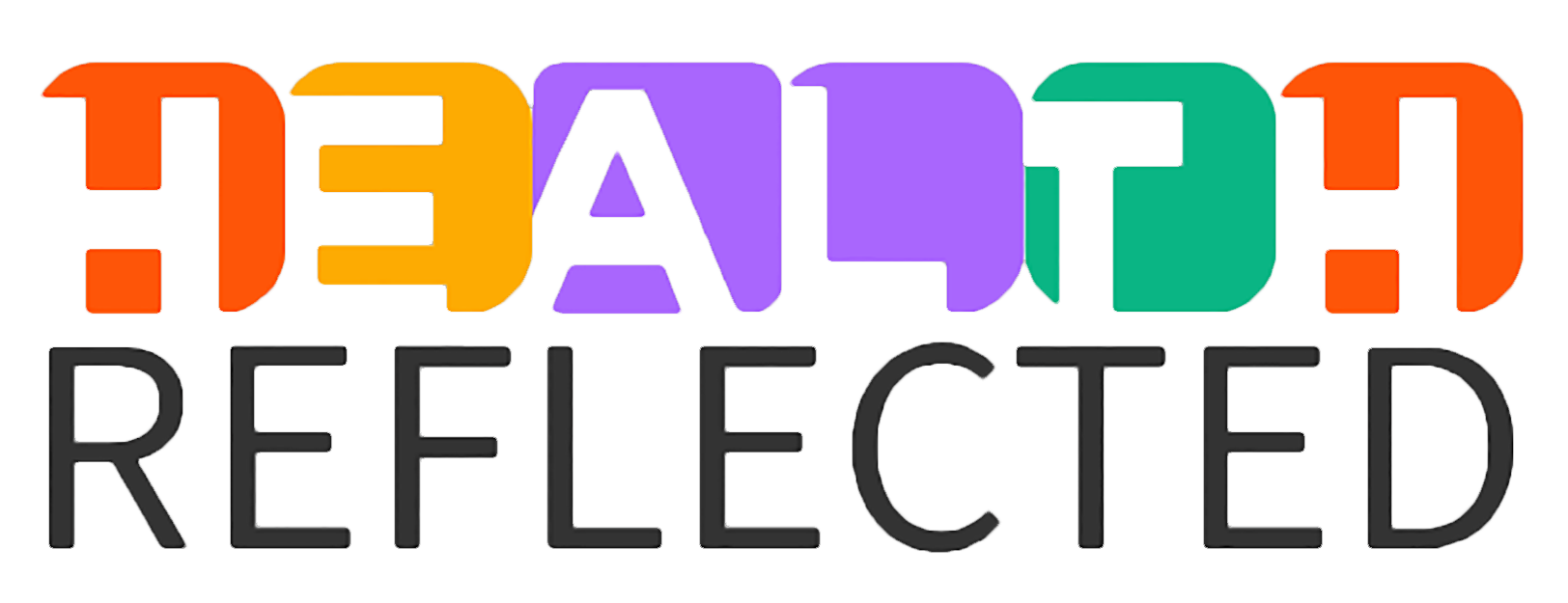Meditation has been practiced for thousands of years, but its popularity has skyrocketed in modern times due to its remarkable benefits for mental health. With the pressures of daily life, work stress, and personal challenges taking a toll on our well-being, more people are turning to meditation as a powerful tool for enhancing mental health. In this article, we will explore the numerous ways meditation can positively impact mental well-being and why it’s worth incorporating into your daily routine.
Understanding Meditation
Before diving into the the benefits of meditation for mental health, it's important to understand what meditation is. Meditation is a practice where an individual uses techniques such as mindfulness or focusing the mind on a particular object, thought, or activity to achieve a mentally clear, emotionally calm, and stable state. The beauty of meditation is that it comes in many forms, making it accessible for people of all lifestyles.
Different Types of Meditation Practices
There are several types of meditation, each with its own unique focus:
- Mindfulness Meditation: Involves being fully present in the moment, observing your thoughts and feelings without judgment.
- Transcendental Meditation: A practice where a mantra is repeated to help the mind transcend normal thought processes.
- Loving-Kindness Meditation: Aims to cultivate compassion and kindness toward oneself and others.
- Guided Meditation: Involves listening to a guide who walks you through the process of relaxation and mental focus.
Regardless of the type, the goal of meditation is to bring awareness and calmness to your mind.
Common Misconceptions About Meditation
A common misconception about meditation is that it requires sitting cross-legged for hours or achieving a blank mind. In reality, meditation is about bringing attention to the present moment and can be done in as little as five minutes a day. You don’t need any special equipment or expertise—just the willingness to focus on your breath or a calming thought.
The Link Between Meditation and Mental Health
So how exactly does meditation improve mental health? Meditation works on a neurological level, affecting the way your brain processes emotions and stress.

How Meditation Affects the Brain
Meditation has been proven to physically change the brain. Studies have shown that regular meditation increases gray matter in the prefrontal cortex, the area of the brain responsible for decision-making and emotional regulation. It also reduces the size of the amygdala, which controls fear and stress responses. These changes lead to greater emotional resilience and a more balanced mental state.
Scientific Studies Supporting Meditation’s Mental Health Benefits
Research supports the mental health benefits of meditation. A study published in JAMA Internal Medicine found that mindfulness meditation helps reduce symptoms of anxiety, depression, and stress. Another study from Harvard University showed that as little as eight weeks of regular meditation practice led to changes in brain regions associated with memory, learning, and emotional regulation.
Stress Reduction Through Meditation
One of the most well-known benefits of meditation is its ability to reduce stress.
The Role of Meditation in Managing Stress
Stress activates the fight-or-flight response in our bodies, which can lead to physical and mental exhaustion. Meditation helps to engage the parasympathetic nervous system, also known as the “rest and digest” system, which counteracts stress responses and promotes relaxation. By regularly meditating, you allow your body and mind to enter a state of calm, helping you handle stress more effectively.
Mindfulness Meditation for Stress Relief
Mindfulness meditation is particularly effective in managing stress. By focusing on the present moment and accepting it without judgment, you shift attention away from worrying about the past or future, which is often the root cause of stress.
Meditation and Anxiety Management
Anxiety is one of the most common mental health issues today, and meditation offers a natural, non-invasive way to manage it.
How Meditation Helps Reduce Anxiety
Meditation works by calming the mind and slowing down the racing thoughts that often accompany anxiety. Over time, it trains your brain to be less reactive to stress and more grounded in the present moment. This can significantly reduce the frequency and intensity of anxious thoughts.
Simple Meditation Techniques for Beginners Dealing with Anxiety
If you’re new to meditation and struggle with anxiety, try starting with simple breathing exercises or guided meditations focused on relaxation. Even five to ten minutes a day can help reduce anxiety symptoms over time.
Meditation’s Impact on Depression
Depression can be a debilitating mental health condition, but meditation has been shown to help alleviate symptoms.

The Connection Between Meditation and Reduced Depressive Symptoms
Meditation helps by encouraging a shift in thought patterns. It fosters mindfulness, which can help you observe negative thoughts without becoming overwhelmed by them. Over time, this practice reduces the intensity of depressive feelings, helping you regain a more balanced perspective.
Incorporating Meditation into Depression Treatment Plans
While meditation is not a replacement for therapy or medication, it can be a complementary practice to enhance overall treatment. Many therapists recommend mindfulness meditation as part of a comprehensive treatment plan for managing depression.
Enhancing Emotional Well-being
One of the greatest benefits of meditation is the overall enhancement of emotional well-being.
Meditation’s Role in Increasing Positive Emotions
By practicing meditation regularly, you cultivate a mindset of gratitude, compassion, and inner peace. These positive emotions replace negative thought patterns, leading to improved emotional health and a greater sense of happiness.
Building Emotional Resilience Through Meditation
Meditation teaches you to observe emotions without immediately reacting to them. Over time, this helps build emotional resilience, enabling you to handle difficult situations with greater ease and patience.
Meditation for Improved Focus and Concentration
In addition to emotional benefits, meditation also helps improve cognitive abilities such as focus and concentration.

How Meditation Sharpens Focus
Meditation, particularly mindfulness and focused-attention practices, helps train the brain to concentrate better. By focusing on a single point, such as the breath or a sound, you build the mental muscles needed for sustained attention.
Meditation and Attention Span Improvement
Research has shown that meditation can significantly improve attention span. People who meditate regularly are better able to focus on tasks for longer periods, making them more productive and less distracted.
Better Sleep Through Meditation
Struggling with sleep issues? Meditation can help improve your sleep quality.
Why Meditation Is Effective for Improving Sleep Quality
Meditation promotes relaxation, reduces stress, and calms the mind—all of which are crucial for a good night’s sleep. It helps slow down the racing thoughts that often keep people awake, leading to deeper, more restful sleep.
Meditation Techniques for Insomnia
For those struggling with insomnia, guided meditations that focus on sleep can be particularly helpful. Practices such as body scan meditation or progressive muscle relaxation can prepare the body and mind for sleep.
Meditation and Cognitive Health
Meditation not only improves emotional well-being but also supports cognitive health.
Enhancing Memory and Cognitive Function with Meditation
Regular meditation has been linked to improved memory and cognitive function. It helps increase attention to detail and mental clarity, which is especially beneficial as we age.
How Meditation Can Slow Down Age-Related Cognitive Decline
Research suggests that meditation can help slow down age-related cognitive decline by keeping the brain active and engaged. It’s a mental workout that can preserve brain health over time.
100% Natural Black Garlic Capsules (Sourced from South Korea) with 10x Higher S-allylcysteine
ANTIOXIDANT POWERHOUSE: Black Garlic (Immunity Booster) is obtained from fresh white garlic (Allium Sativum) that has been fermented naturally. This not only makes it turn black but also enhances its bio-availability by increasing the concentration of vitamins, minerals, and other important bio-active compounds like antioxidants. The most important one is S-Allylcysteine (SAC) which is thought to be responsible for the many properties of Black Garlic.
Social Benefits of Meditation for Mental Health
Meditation also has benefits for our social lives.
How Meditation Fosters Empathy and Social Connection
Meditation, particularly loving-kindness meditation, helps foster empathy and compassion toward others. This leads to deeper social connections and improved relationships with friends, family, and even strangers.
Group Meditation as a Way to Build a Supportive Community
Group meditation can be a powerful way to connect with others and build a supportive community. Shared meditation experiences create a sense of belonging and reduce feelings of loneliness.
Meditation as a Tool for Coping with Trauma
Trauma can deeply impact mental health, and meditation can serve as a helpful tool in the healing process.
How Meditation Helps in Trauma Recovery
For those dealing with trauma, meditation can help create a safe mental space to process difficult emotions. It encourages self-compassion and mindfulness, which are key components of trauma recovery.
Meditation Techniques Specifically for Trauma Survivors
Trauma survivors may benefit from guided meditations that focus on grounding and emotional regulation. Practices like body scan meditation or gentle mindfulness exercises can help rebuild a sense of safety in the body.
Developing a Meditation Routine
Consistency is key to unlocking the full benefits of meditation.
How to Start Meditating if You’re New to the Practice
If you're new to meditation, start small. Begin with five minutes a day and gradually increase the time as you become more comfortable. It’s important not to overwhelm yourself—what matters is building a regular practice.
Tips for Maintaining Consistency in Meditation
Set a specific time each day for meditation, whether it’s first thing in the morning or right before bed. You can also use meditation apps or guided videos to keep yourself on track.
Conclusion
The benefits of meditation for mental health are vast, touching on everything from stress reduction and improved focus to enhanced emotional well-being and better sleep. Whether you're dealing with anxiety, depression, or just looking for a way to cultivate more peace in your life, meditation offers a simple yet powerful solution. By taking just a few minutes each day to sit quietly and focus on the present moment, you can significantly improve your mental health and overall quality of life. So, why not give it a try?
FAQs
1. Can meditation cure mental health disorders?
No, meditation is not a cure, but it can significantly alleviate symptoms and complement other treatments.
2. How long should I meditate to see mental health benefits?
As little as 10-15 minutes a day can provide noticeable benefits over time.
3. What’s the best type of meditation for beginners?
Mindfulness meditation is often the easiest for beginners to start with.
4. Can meditation replace therapy or medication for mental health issues?
No, meditation is







[…] Emotional health is key to our overall well-being. It affects how we live our daily lives. It's about knowing, understanding, and managing our feelings well. […]